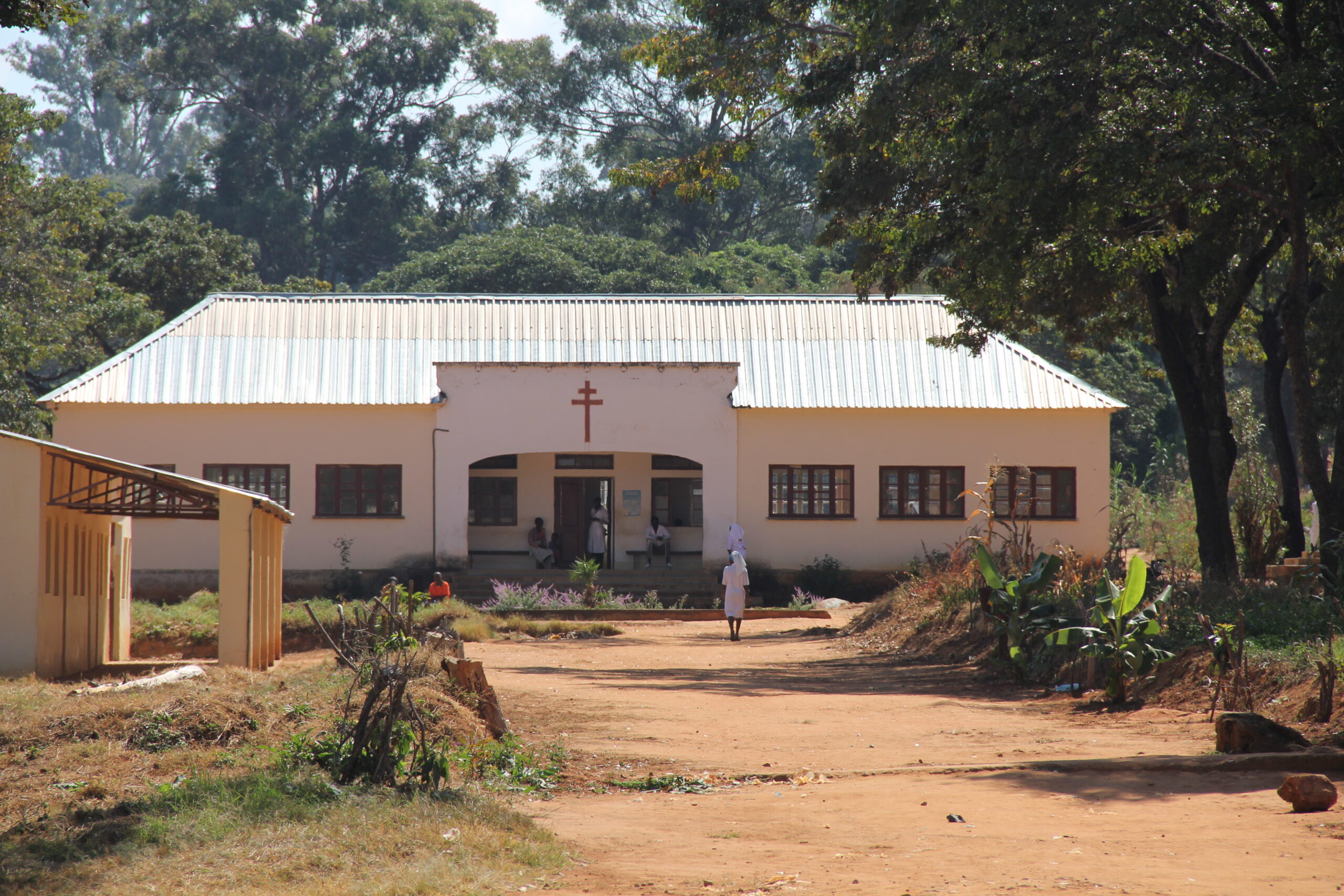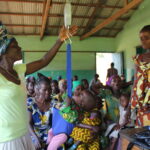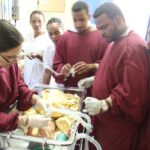Choosing Where to Serve as a Medical Missionary:
The Foundation of Success in Medical Missions
I’m convinced every medical missionary will succeed if they are matched to the right mission organization, facility, and location. I am also convinced that finding a mission-sending organization that understands health care is foundational to success in medical missions. The standard method for placing health professionals by non-medically focused mission organizations is based on the location and needs of the healthcare programs they support. The fundamental mindset of larger legacy mission organizations is that “This is our mission, and this is where we serve so come join what we are doing”. There is nothing wrong with this but like many things, it is great in theory, but often not so good in application. It works well for other forms of missions but it is not good for the support of healthcare missions. Many larger missions have little or no involvement in health care, and if they do, it is at very specific locations and projects. This thwarts what I believe is a fundamental need for healthcare professionals serving on the mission field; portability.
Portability Leads to Success
I have seen countless medical missionaries fail from different organizations because they landed in a place that was not a good fit. They land at a mission station where all attempts to thrive individually and/or as a family fail. They then revert to survival mode where it becomes difficult to sustain the joy in life or the joy in serving. It may take only a few months or sometimes a full three-year term, but serving in a place that is not a good fit will inevitably wear people down and bring them home.
This can be caused by any number of reasons. It can result from inconsistencies between the vision of the missionaries and the hospital/ program leadership, lack of support clinically or personally, or simple personality conflicts that are difficult to resolve. Sometimes it is the missionary, sometimes it is the environment; sometimes both. Some facilities are much higher intensity, a hospital in one part of the country may see 1 maternal death and 10 child deaths per year. In another part of the country, they may see a child and a mother die nearly every day. It takes a special kind of missionary to deal long-term with the latter scenario.
Conflict In Medical Missions
You may have heard it said the number one reason the missionaries leave the field is conflict with other missionaries. I am not sure that is the number one reason for medical missionaries, but it is still a reason. Conflict, even between other missionaries at a mission station, can make for an incredibly challenging environment. Of course, we always spend time sorting out if the missionaries have made every attempt to work on themselves and grow before moving, but moving to another hospital or health program needs to remain an option. Before relocation, there is often a need for debriefing and counseling, but if needed I encourage them to relocate to another place of service that may be a better match.
Matching with a mission hospital or health program is not unlike matching a med student with a residency. Sometimes it is a great fit, sometimes people leave, and sometimes there is a few years of just surviving until it’s over. Finding a job or workplace you love and plan to stay with your entire life right out of college rarely happens anymore. Why should we expect that to happen on the medical mission field? Finding the right fit for a work environment the first time is often not achieved anywhere in the world. Why do we hold medical missionaries to a higher standard? People who give up a six-figure suburban lifestyle in their home country, to live with, love, and serve the poor deserve every opportunity to thrive in that context. That includes the ability to move to another place of service as the Lord calls and directs.
Relocation on the Field in Medical Missions
I recently counseled a family to move from their present mission station to one more consistent with their calling. After two years of service, there was a policy set by the mission hospital leadership that poor patients could not be admitted if they could not pay for care. They were told that people without the ability to pay should be referred to the government hospital. How disheartening, to give up everything and move halfway around the world to share Christ’s love compassion, and mercy with the poor only to find out the “mission hospital” only admits paying patients. It is not uncommon for developing world hospitals to use missionary doctors trained in the West to attract paying patients, and this does serve to improve sustainability. There is nothing wrong with this idea as long as there is still a commitment to care for the poor regardless of their ability to pay. That is usually demonstrated by the hospital’s commitment to fund an indigent care fund out of other fee-for-service programs.
Portability is Essential
In most instances like this, when a mission organization has very few health programs with which they are affiliated, the medical missionary has little choice but to stay and just survive, or come home off of the field. I was recently asked by someone at Medsend (our partner that helps cover the student loan debt for many of our missionaries) why CHSC attrition rates seem lower than other organizations. If I had to guess I would say that it’s we want to match people where they are going to thrive not just survive. If they’re in survival mode and they spent time working on themselves and their expectations as a family, and we are reasonably sure it’s not them but the environment, we want them to choose another location. Because we specialize in health care and support health care across many Christian denominations we have great portability and can move missionaries from one facility to another.
In non-medically focused missions if a missionary feels that they need to make a move that often means changing mission organizations and getting all of their supporting partners to follow them. That is an enormous undertaking that often leads to the concession of just coming off the field. I believe that portability is essential to success for medical missionaries, without it, the medical mission community will continue to see high attrition. We have had a number of missionary families move from one facility to another with great success. God often does use adversity to grow us in all aspects of life, and often to bring glory to Him, and sometimes He applies pressure for us to make a change. It is often challenging to discern which of these is the case but one thing is sure. To truly thrive on the field means finding the right fit.
What About Calling?
One might ask what about calling? Where does that come in? My answer is God often calls people to a specific form of missions, and often a specific region, nation, or people group. Rarely is that calling to a specific mission station or hospital. Finding the right fit between the missionary and the place of service is essential for long-term success in medical missions, and it does not always happen in the first place where a missionary serves on the field.
See the other Blog Posts in this series:
ASKING MYSELF THE RIGHT QUESTIONS ABOUT BECOMING A MEDICAL MISSIONARY






